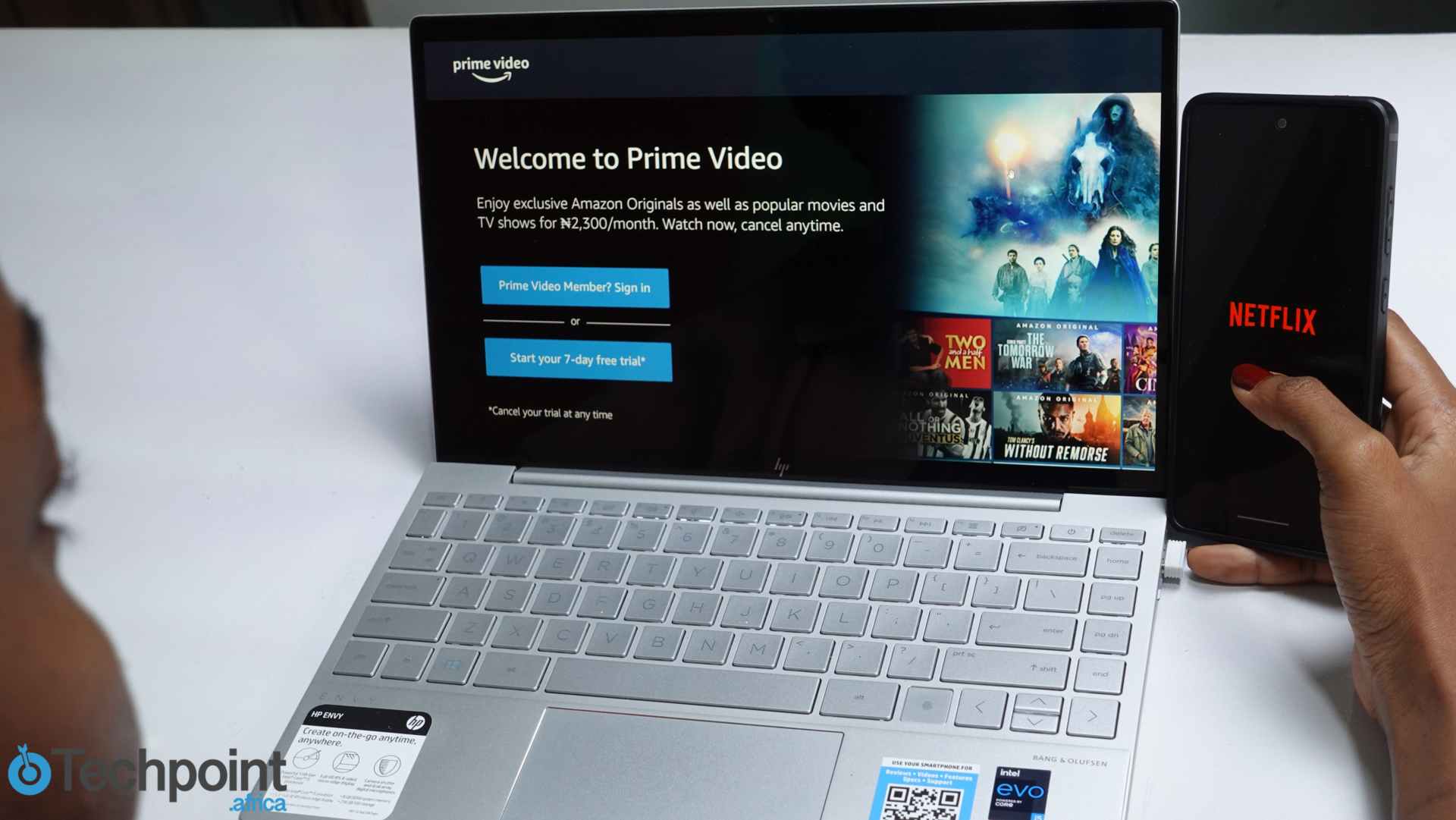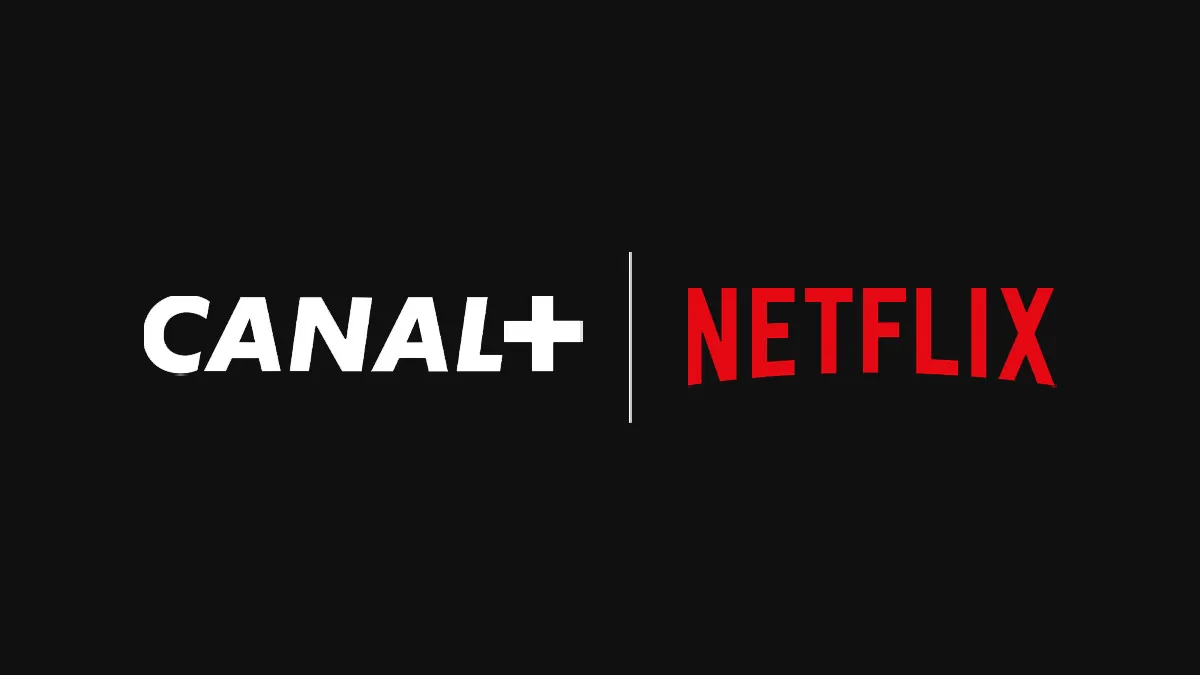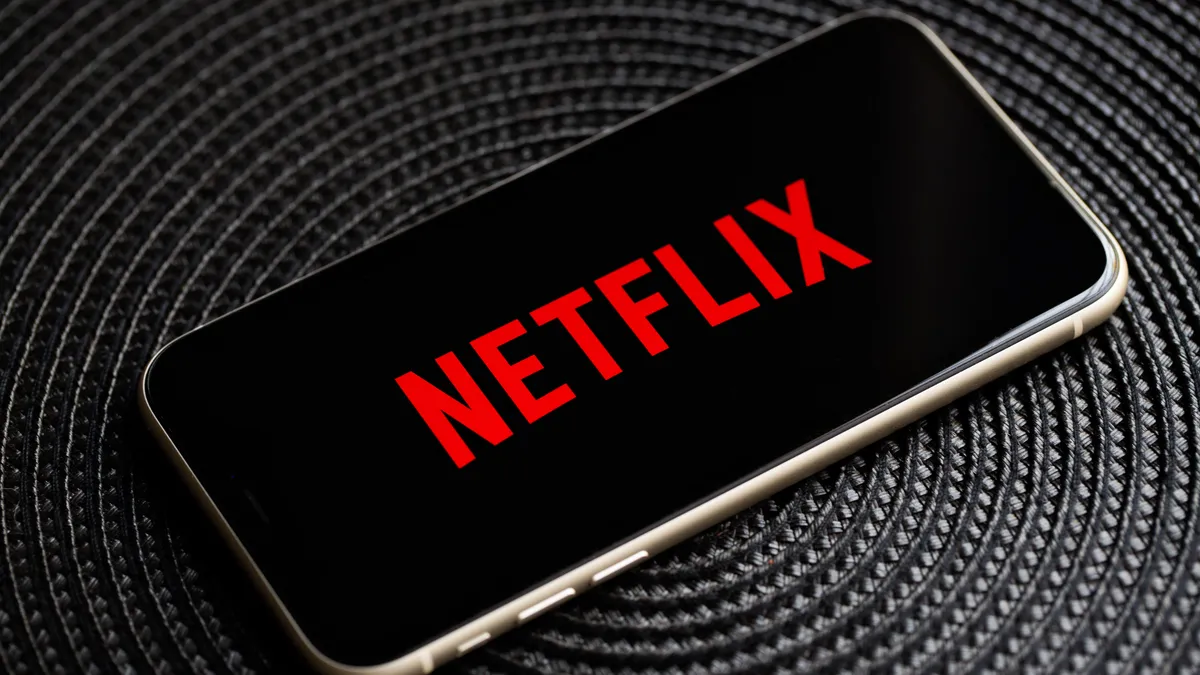On August 4, 2022, Amazon Prime Video announced launching a localised version of its service in Nigeria. This would put it in direct competition with Netflix, the major streaming service in the West African country.
The company is hitting the ground running with the feature film Gangs of Lagos and the comedy series, Last One Laughing Naija.
Although Amazon Prime Video has been in Africa since 2016, users have had to pay for the service in dollars. With monetary policies limiting how much Nigerians can spend online, many users would appreciate being able to pay in naira.
After seeing Twitter, Microsoft, and Amazon set up shop in other African countries, Nigerians must be excited at this development. For one, it will drive more investment into Nollywood, which only ranks behind Bollywood in output.
While this is great for customers and Nollywood practitioners, for Amazon, this is purely a business decision and must make sense financially to become a long-term investment.
Some lessons from Netflix
Having Africa’s largest population and its largest youth population is a huge attraction for any business. Throw in increasing Internet penetration and the fact that Nigeria is primarily a mobile-first market, and you can understand why it looks like a logical decision to increase Amazon’s share of the streaming pie.
However, a large population and growing Internet and mobile penetration are not enough to guarantee success. Therefore, it is essential to look at what could be Amazon’s biggest competitor – Netflix – to see how they have fared since launching in Nigeria.
The number of Netflix subscribers in Nigeria is hard to find. However, a 2019 report puts the number at less than 50,000 subscribers. This was inferred from the number of subscribers in Luxembourg, the country that rounded up the top 50 list at the time.
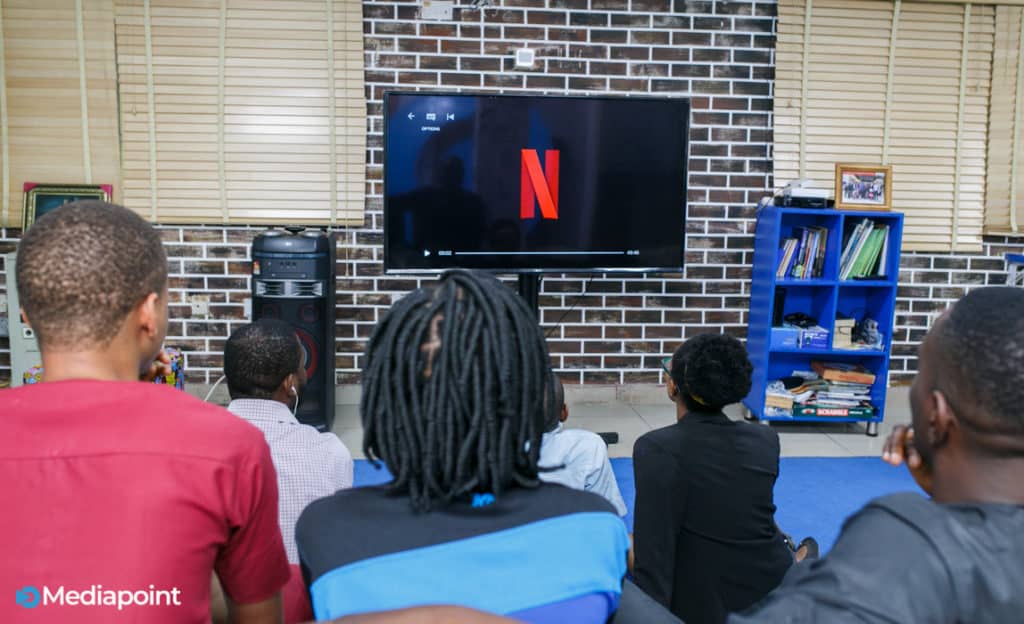
At the time of the report, Luxembourg had 52,151 subscribers. According to Comparitech, Luxembourg had an estimated 86,580 subscribers as of Q4 2021, representing a 66% increase. If Nigeria followed the same projections, the number of subscribers would still be less than 100,000.
In 2020, our Senior Editor, Oluwanifemi Kolawole, argued that Netflix would need more than cheap data plans to grow its subscribers in the country. At the time, Netflix had just launched a mobile-only plan priced at ₦1,200 ($1.8). This year, the company has revealed plans to offer an ad-supported version as it aims to get more users on the platform.
As I pointed out earlier, while increasing Internet penetration levels suggests that more people will be able to use streaming services, many other factors ensure this is not so simple.
The first of these is the cost of the subscription. A monthly subscription of ₦1,200 ($1.8) is a fair price to pay for a streaming service, but in a country where the minimum wage is ₦30,000 ($44.9) and worsened by rising inflation, many will be reluctant to pay that much for a service that still requires mobile data to function.
This is even worsened because most movies on Netflix can be downloaded for less from illegal sources or at no price.
An informal survey I conducted among a predominantly youthful demography suggests that many Nigerians are reluctant to pay for a service they can get elsewhere for less. As one respondent quipped, “Why should I get Netflix when I can get most of their movies at no charge a few days after they are released?”
What is Amazon Prime Video’s strategy?
When entering a new market with an existing competitor, businesses often opt to lower prices or offer other incentives to attract new customers.
Amazon Prime Video seems to have gone this route, or maybe not. After a seven-day free trial, Prime Video users in Nigeria will have to pay ₦2,300 ($3.4), which is cheaper than Netflix’s basic plan of ₦2,900 ($4.3). Netflix’s mobile-only plan, however, costs only ₦1,200 ($1.8). Although there are no official figures, I suspect this is a popular plan among Netflix’s Nigerian users.
Time will tell if Prime Video Nigeria will slash its subscription costs further. However, Kathryn Fasegha, producer of the romantic comedy, 2 Weeks in Lagos, believes that both companies may have to slash their prices as they look to attract more customers.
Good news for Nollywood
Regardless of Amazon Prime’s plan to get new subscribers, two groups will benefit — Nollywood and the Nigerian market.
Lower prices mean more Nigerians can afford to use streaming services, and Prime Video’s intention to invest in local moviemakers means there will be a fight between Netflix and Amazon Prime Video for the best filmmakers.
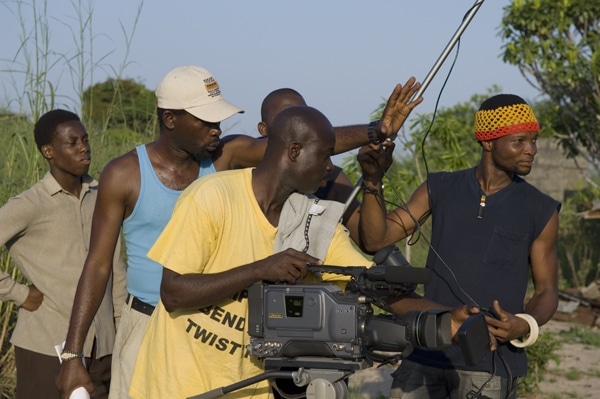
Both streaming services may opt to pay higher fees to Nigerian producers for their content, something that Fasegha believes could happen soon.
“Competition is good. While Netflix has been good for Nollywood and has helped to put the industry out on a global space, with Netflix being a lone player, there was no incentive on their part to increase what they paid to Nollywood producers.”
On the other hand, more people will have an opportunity to showcase their talent on a global stage, which some claim has been hijacked by a few individuals.
Either way, Nollywood could be the biggest winner in all of this. As Fasegha says, “Netflix can only take a certain amount of content, but with Amazon Prime, people now have another option.”

